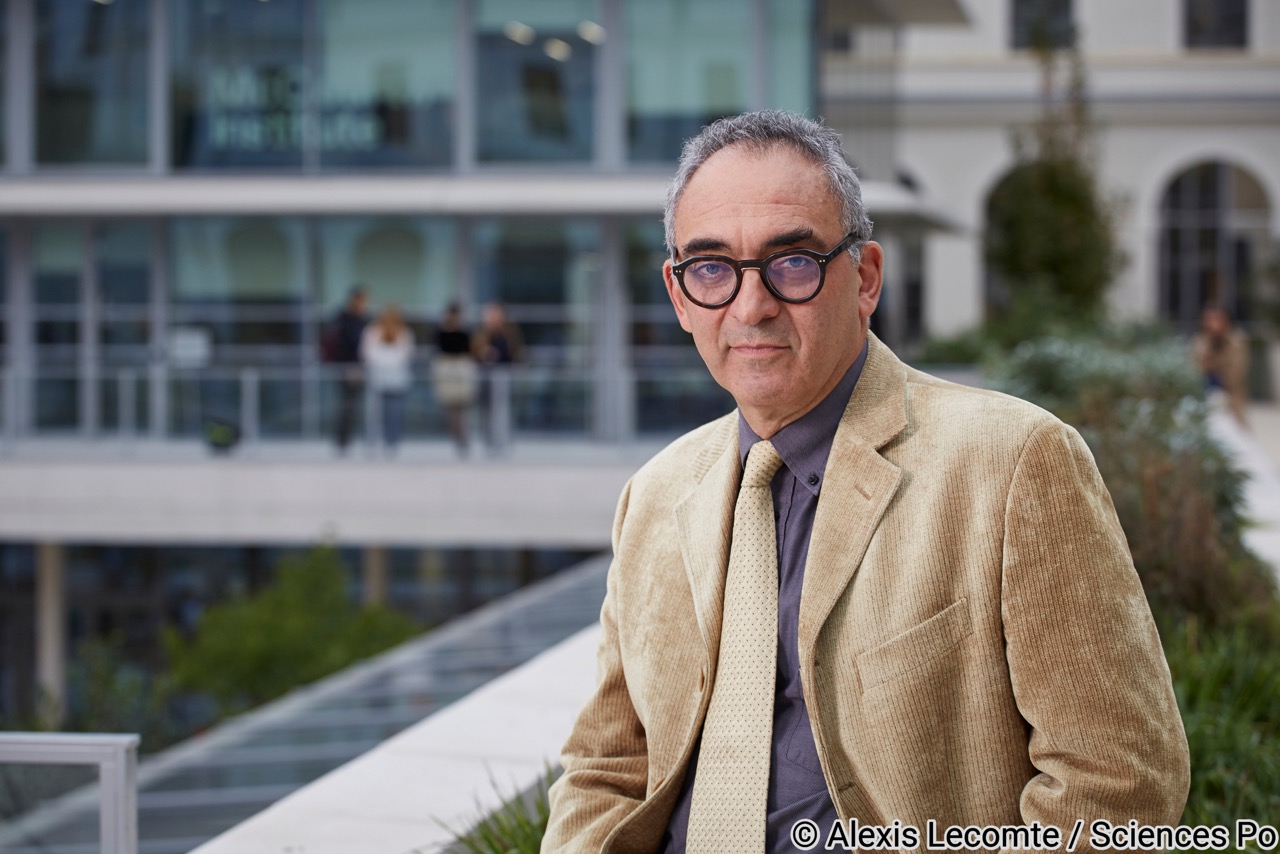
To explore the scientific challenges and opportunities of the 36th AESOP Annual Congress, we sit down with Marco Cremaschi, the event's scientific coordinator. Marco offers his perspective on what it means to be a genuine "game-changer" in sustainable urban development and the significance of hosting this congress in Paris. He also delves into the critical importance of addressing urban development amid significant social inequalities and environmental changes, highlighting the potential impact this congress could have on urban research and policy both locally and globally.
The main theme of the AESOP Conference is “Game Changer? Planning for just and sustainable urban regions”, asking what is a real game changer in the context of a post-carbon, sober approach to urban development. What does it mean to you to be a real game-changer?
With over 1700 submissions received, and hundreds of researchers converging from around the globe, including China and the Far East, the Aesop Conference is a bit of a game-changer itself. The AESOP Conference provides a platform for engaging in critical dialogues on pressing issues such as housing, ecological planning, land renaturalization, mobility, and urban revitalization. These discussions are essential for addressing contemporary urban challenges and fostering sustainable development. However, a conference being a real game changer means going beyond the pursuit of elusive ideals and embracing a fundamental reassessment of the political underpinnings of our visions, collaborations, leadership, and collective actions.
This year’s AESOP Conference is obviously being held here in Paris. Paris is also hosting the Olympic games, a new metro system, and is home to the greatest economic strengths and social inequalities. What do you think the significance of AESOP hosting their conference this year in Paris is?
Beyond the coincidence of the Games, the Grand Paris, and the new bioclimatic plan, the true attraction lies in the city's and Sciences Po's roles as pioneering centres for experimental research. These initiatives challenge the notion of a singular, all-encompassing solution and signify a shift towards more sustainable strategies, transcending disciplinary boundaries and institutional norms — a flaw evident in France's ecological rhetoric and Brussels' aspirational green transition.
Most of the topics that will be discussed during the AESOP Conference will focus on urban development. Why do you think it is important to have these discussions about urban development, especially during a time when social inequalities are being endured and there is a large environmental impact on the major infrastructural works happening in the metropolitan region of Paris?
Discussing cities' impacts on inequalities is more pertinent than ever and the conversation in Paris will flow across 18 tracks, 144 sessions, and numerous special events throughout the congress. This requires transcending disciplinary boundaries and reevaluating shared interests. By focusing on policies, technical innovations, and social agreements that drive meaningful change, social scientists and planners reassess these common interests within an ever-evolving scientific and geopolitical landscape.
What kind of impact do you hope that this AESOP Conference will have on urban development research, in Sciences Po, in France, and more generally?
The CEE at Sciences Po is a pioneering centre for experimental research. The conference is an opportunity to showcase the French Research touch, on innovative topics such as housing, Paris's ecological plans, land renaturalization, the delicate balance between density and mobility, and strategies for revitalizing neglected urban areas. It also presents a unique opportunity to bridge theoretical divides and empirical domains, fostering collaboration and innovation in political science and urban development research.

